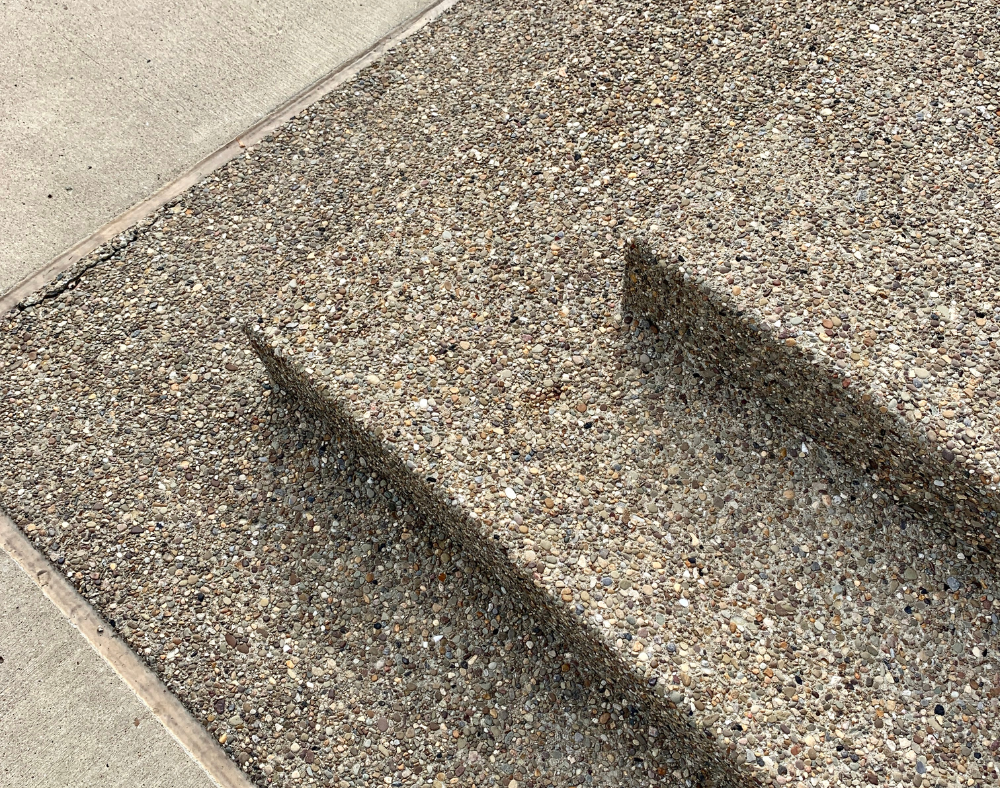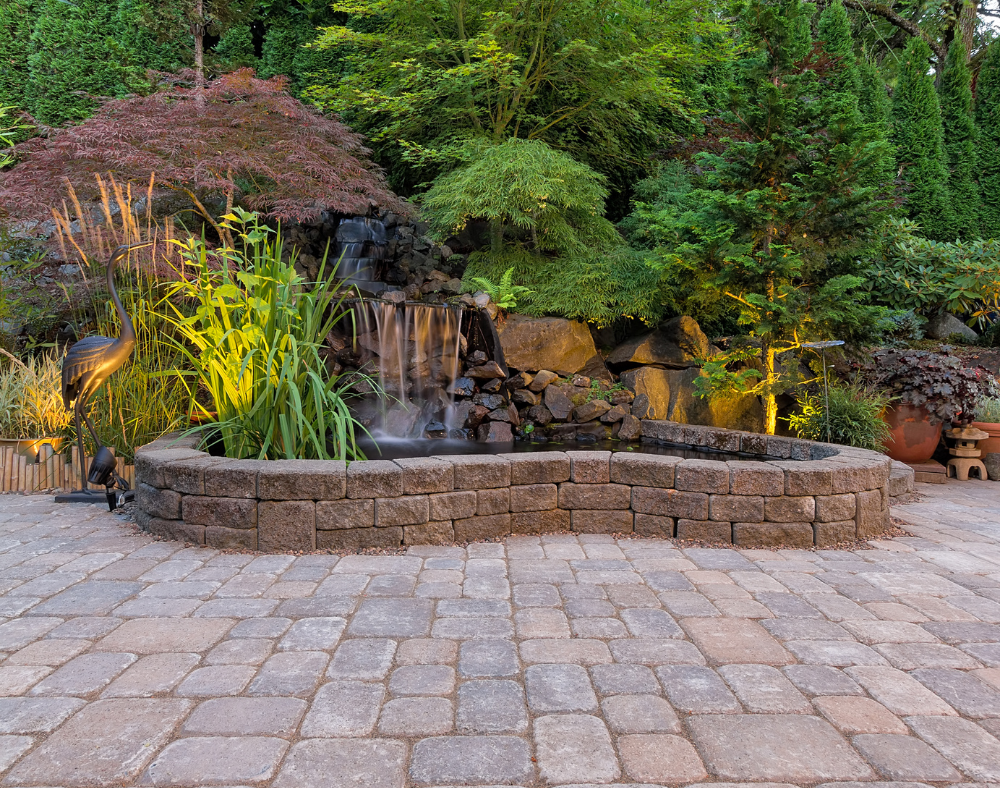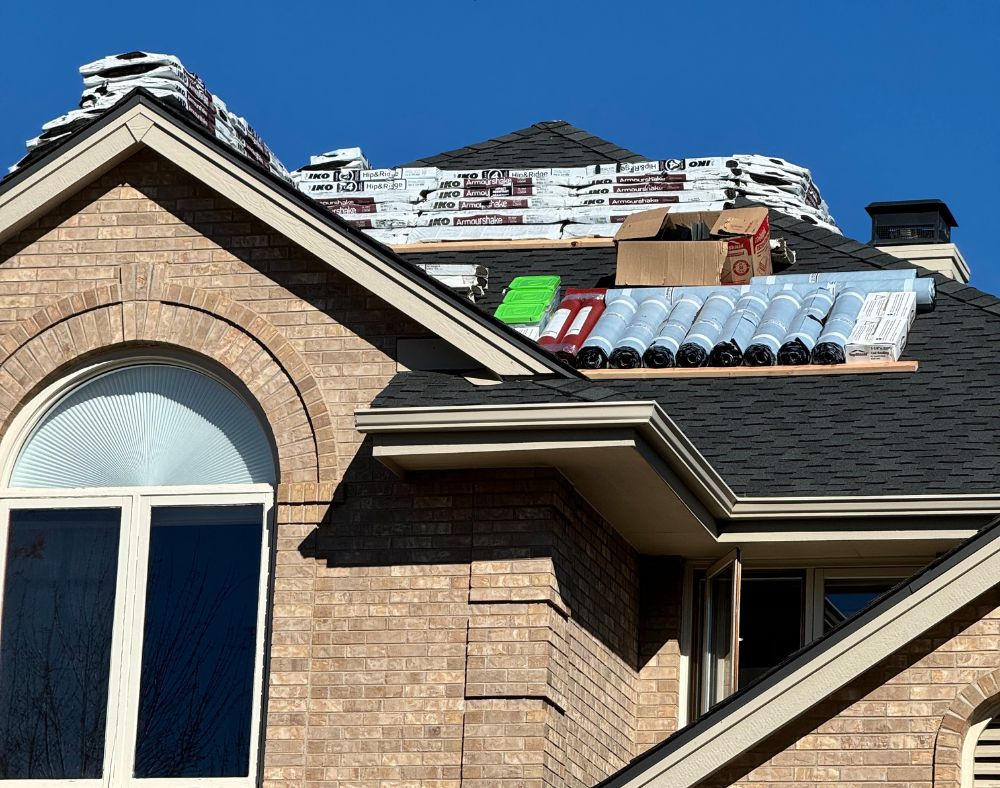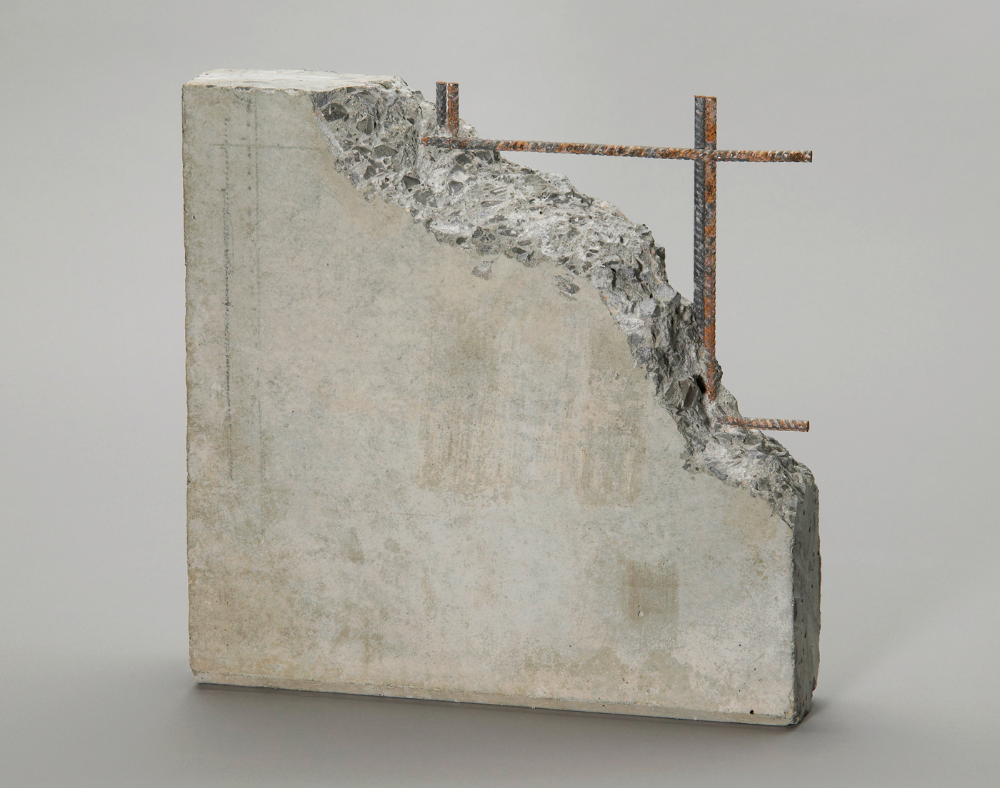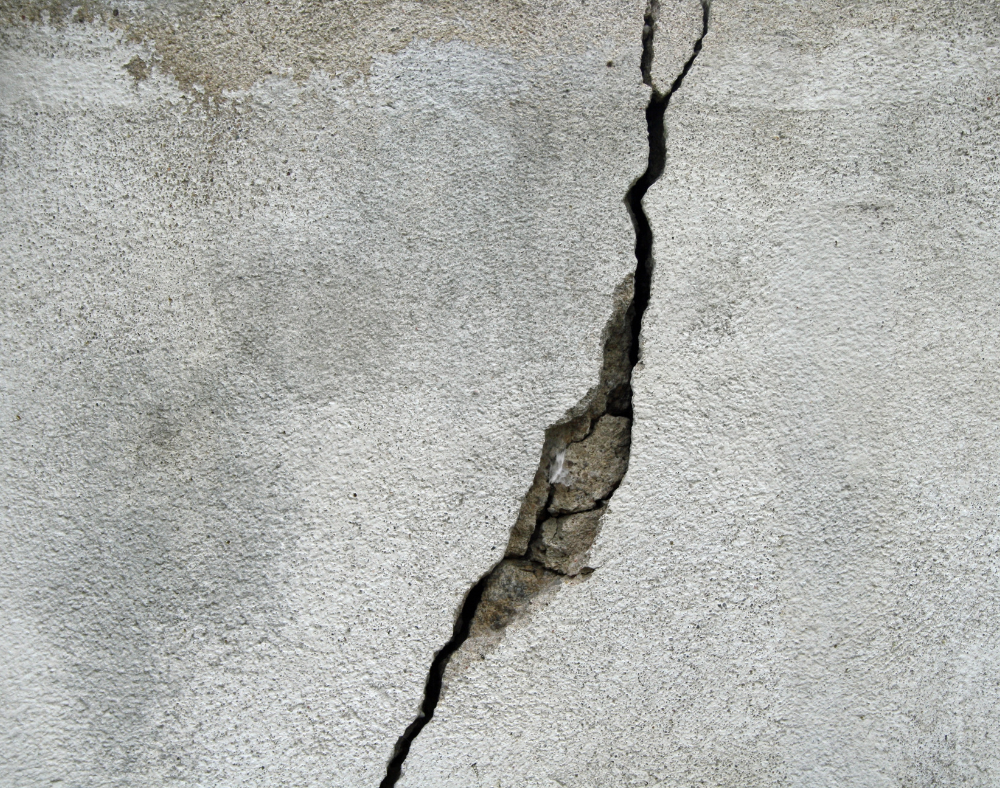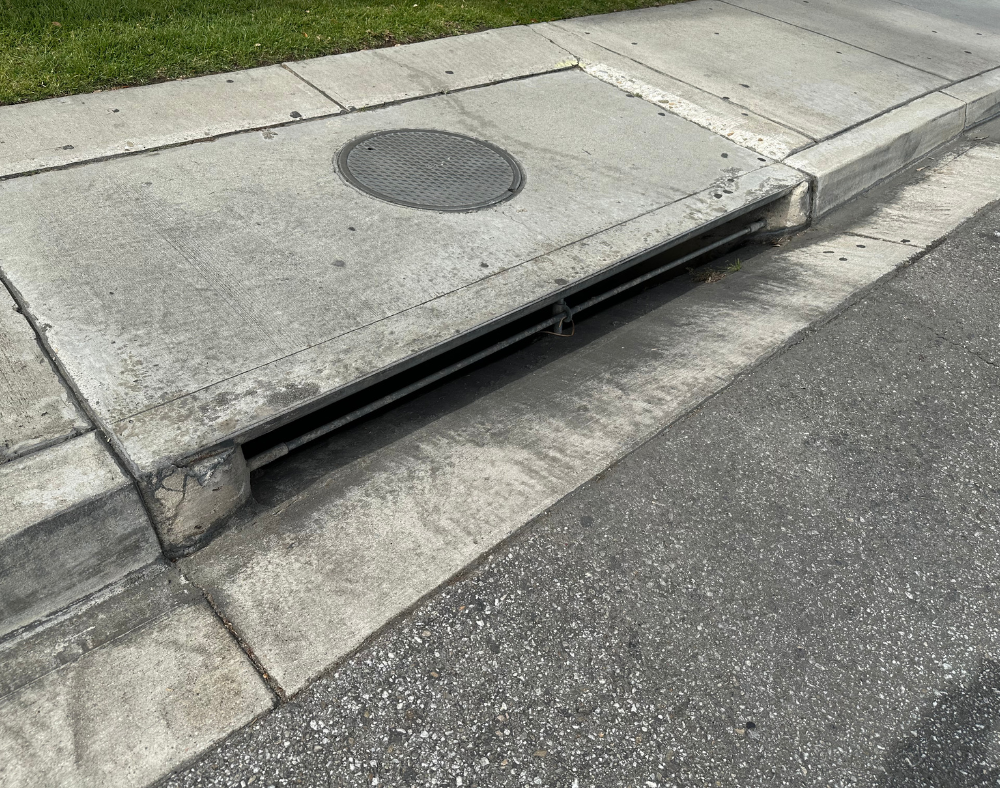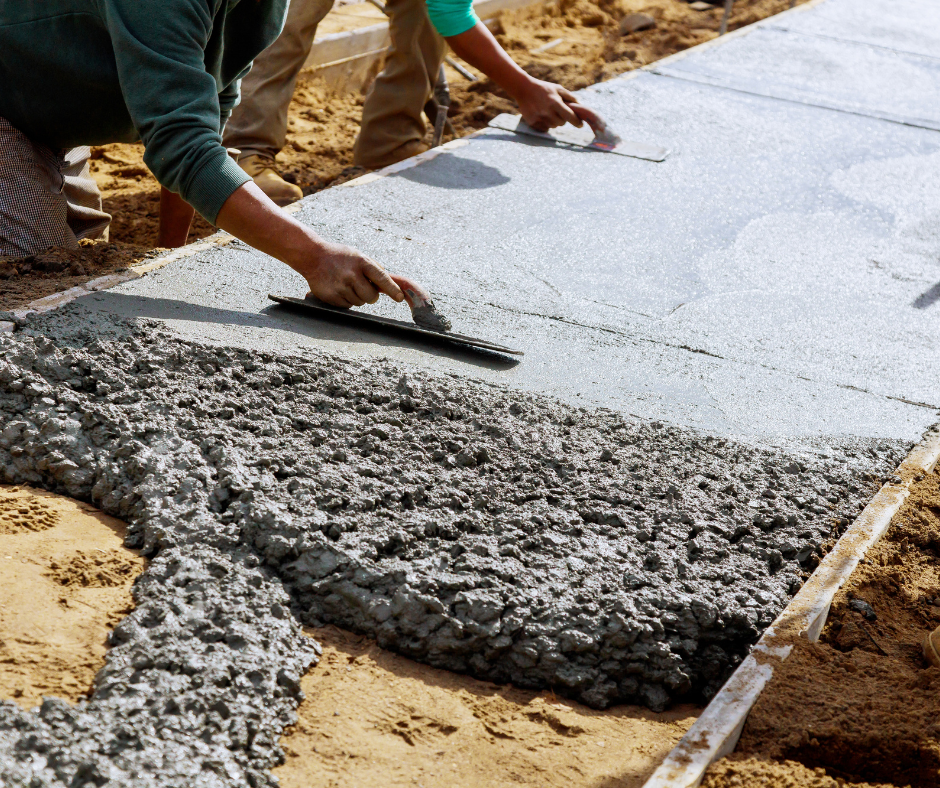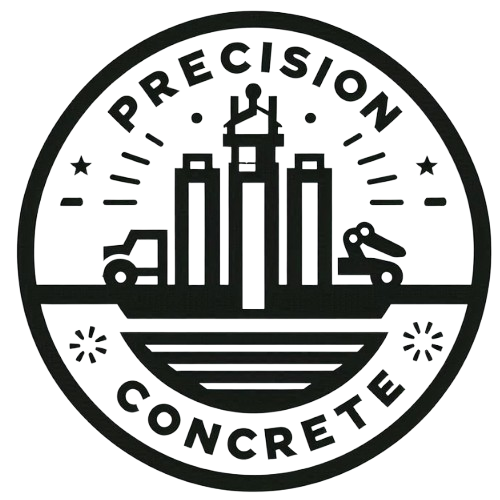How to Protect Concrete Structures from Water Damage and Increase Durability
Concrete is widely used in construction due to its strength and versatility. However, it is also a porous material, making it vulnerable to water infiltration, which can lead to cracks, mold, and structural damage. Waterproofing concrete is essential for durability and longevity, especially in areas with fluctuating weather conditions. At Precision Concrete in Dublin, CA, we specialize in concrete waterproofing solutions designed to protect your structure and ensure long-term performance.
In this post, we will cover best practices for concrete waterproofing, including methods, materials, and tips for effective application.
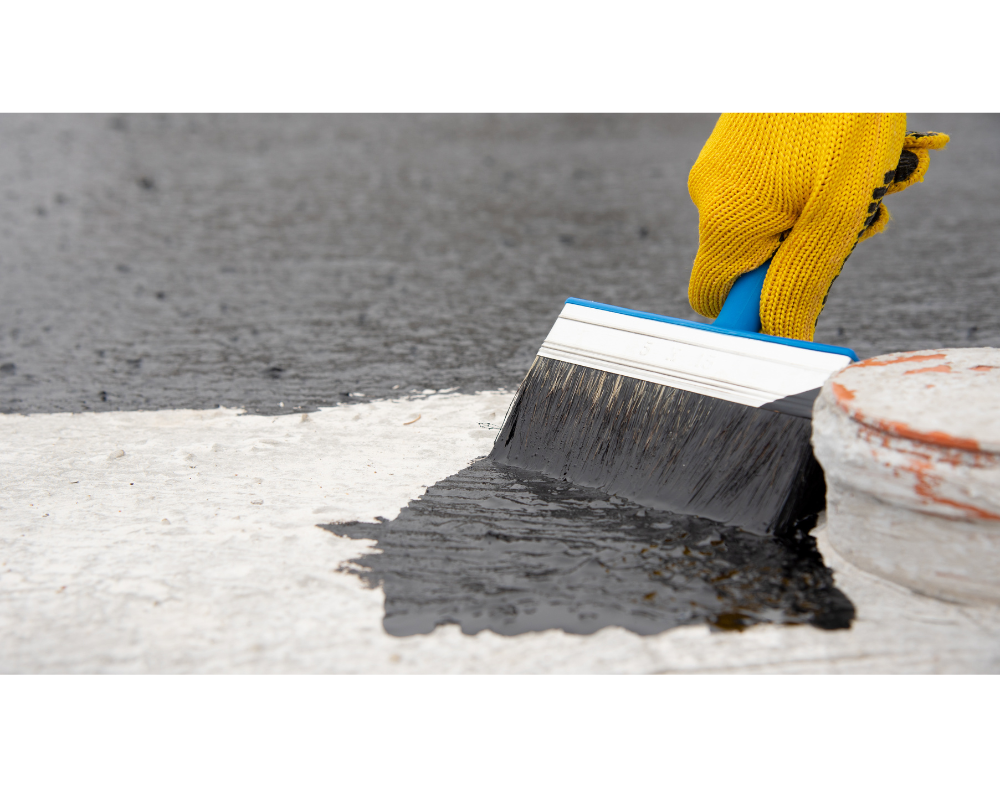
1. Understanding the Importance of Concrete Waterproofing
Waterproofing concrete is crucial for any structure exposed to moisture, as water can seep into the porous material, leading to cracks, erosion, and degradation over time. Effective waterproofing protects concrete from:
- Water infiltration: Prevents water from entering and compromising the concrete's structural integrity.
- Freeze-thaw cycles: Helps reduce damage from freezing and thawing, which can cause cracks in the material.
- Corrosion of reinforcing steel: Keeps water away from steel reinforcements, reducing the risk of rust and corrosion.
To explore why concrete waterproofing is necessary for structural longevity, visit
Concrete Construction’s article on waterproofing.
2. Key Methods for Concrete Waterproofing
There are several methods for waterproofing concrete, each suited to specific project requirements and environmental conditions.
Popular Waterproofing Methods Include:
- Cementitious Waterproofing: This simple method involves applying a cement-based compound that creates a waterproof layer. It is ideal for indoor applications and areas with low water exposure.
- Liquid Waterproofing Membrane: Applied as a liquid coat, this membrane hardens into a flexible, waterproof layer, ideal for exterior surfaces.
- Bituminous Membrane: Often used on roofing and foundational structures, this is a popular waterproofing technique for areas exposed to significant moisture.
- Crystalline Waterproofing: This method uses a chemical application that penetrates the concrete, creating a barrier against water infiltration.
For more details on waterproofing methods and their applications, check out this Guide to Concrete Waterproofing by Concrete Network.
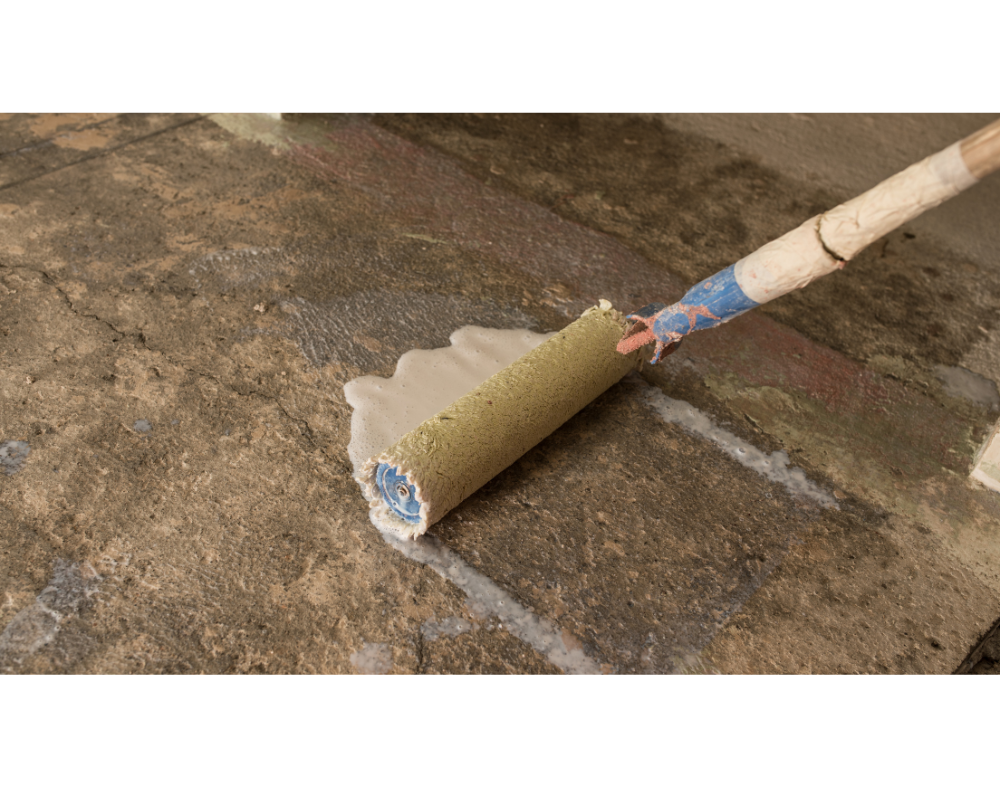
3. Using High-Quality Waterproofing Materials
The effectiveness of waterproofing depends on the quality of materials used. Using premium materials enhances durability, reduces maintenance needs, and offers better protection.
Key Waterproofing Materials to Consider:
- Polyurethane: Known for its flexibility and durability, polyurethane is excellent for waterproofing surfaces exposed to weather.
- Epoxy: An epoxy coating is ideal for industrial and commercial concrete floors, providing a waterproof and chemical-resistant finish.
- Silicone Sealants: Perfect for filling in cracks and joints, silicone sealants provide an extra layer of protection against water infiltration.
- Acrylic Sealers: These sealers protect surfaces by forming a durable, water-resistant barrier.
Learn more about effective waterproofing materials in this article from
Build Magazine.
4. Best Practices for Applying Waterproofing
Applying waterproofing requires skill and precision to ensure effectiveness. Here are a few best practices to keep in mind:
- Surface Preparation: Clean the concrete surface thoroughly to remove dust, oil, and loose particles, ensuring the waterproofing material adheres properly.
- Application in Layers: For many waterproofing products, multiple layers improve protection. Allow each layer to dry before applying the next.
- Follow Manufacturer Instructions: Different products have specific guidelines for application, drying time, and curing. Following these instructions ensures optimal performance.
- Temperature Considerations: Avoid applying waterproofing materials in extreme temperatures. The best results are achieved in moderate conditions, as recommended by manufacturers.
For a comprehensive guide on applying waterproofing coatings, visit The Constructor for professional tips and techniques.
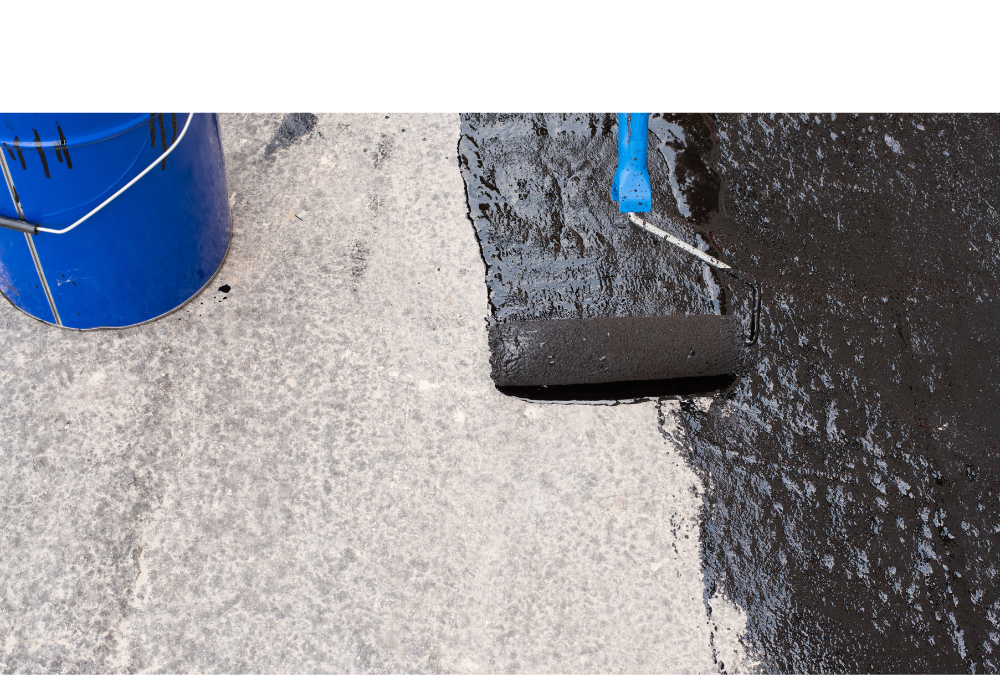
5. Maintaining Waterproofed Concrete
Even with high-quality waterproofing, regular maintenance is essential to preserve the concrete’s durability and appearance. Regular inspections and cleaning can help detect and address minor issues before they worsen.
Maintenance Tips for Waterproofed Concrete:
- Inspect for Cracks: Small cracks can develop over time, especially in high-traffic areas. Seal them promptly to prevent water infiltration.
- Reapply Waterproofing Layers: Depending on the product and exposure, you may need to reapply waterproofing layers every few years.
- Keep Surface Clean: Regularly clean the surface to remove dirt and debris, which can affect the integrity of the waterproofing layer.
- Watch for Signs of Wear: Fading, peeling, or flaking indicate that the waterproofing may need touch-ups or reapplication.
For more on maintaining waterproofed surfaces, this
Concrete Decor article covers helpful maintenance tips and tricks.
6. The Benefits of Professional Concrete Waterproofing
While DIY waterproofing is possible, professional services ensure better results and longer-lasting protection. Professional concrete providers like
Precision Concrete in Dublin, CA, have the expertise and access to high-quality materials, ensuring a more durable and effective waterproofing solution.
Advantages of Hiring a Professional:
- Expertise in Application: Professionals have experience with a range of waterproofing methods and know how to achieve optimal results.
- High-Quality Materials: Access to premium, commercial-grade products means better performance and durability.
- Proper Tools and Techniques: Professionals use specialized tools for efficient application, ensuring even coating and full protection.
If you're interested in the benefits of professional waterproofing, this HomeAdvisor article provides insight into the advantages of hiring experts for home and commercial waterproofing.
Additional Resources:
To deepen your understanding of concrete waterproofing, explore these additional resources:
- Concrete Construction - Waterproofing Methods
- Concrete Network - Waterproofing Tips
- Build Magazine - Best Waterproofing Materials
- The Constructor - Application Techniques
- Concrete Decor - Maintenance for Waterproofed Concrete
- HomeAdvisor - Benefits of Professional Waterproofing
Waterproofing is a critical step in protecting your concrete investment from moisture damage and extending its lifespan. At Precision Concrete in Dublin, TX, we’re dedicated to providing effective, high-quality waterproofing solutions tailored to your needs. Whether it’s for your home, business, or industrial project, our team can guide you in selecting the best waterproofing method to ensure your concrete surfaces stay strong and durable for years to come.
